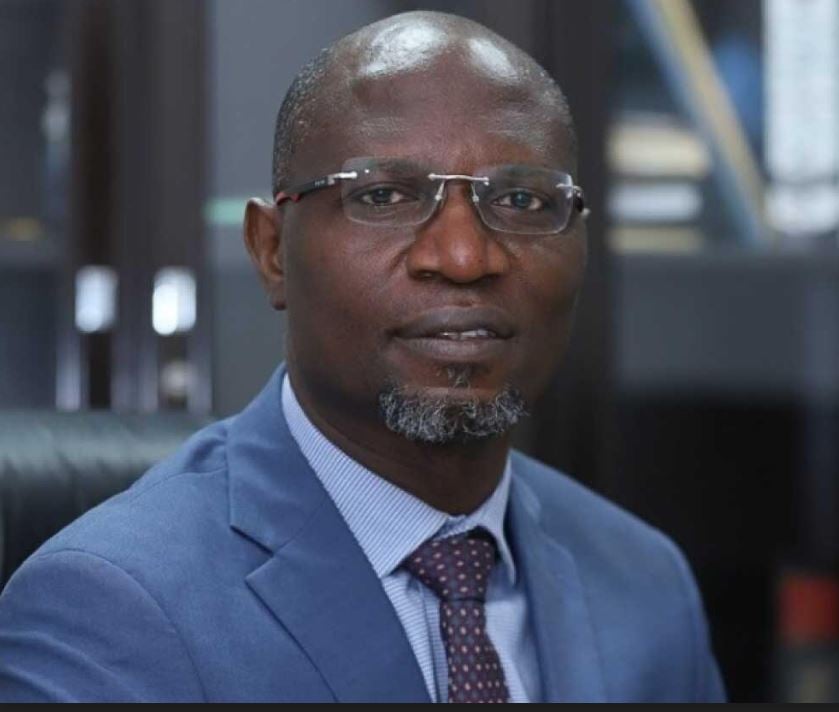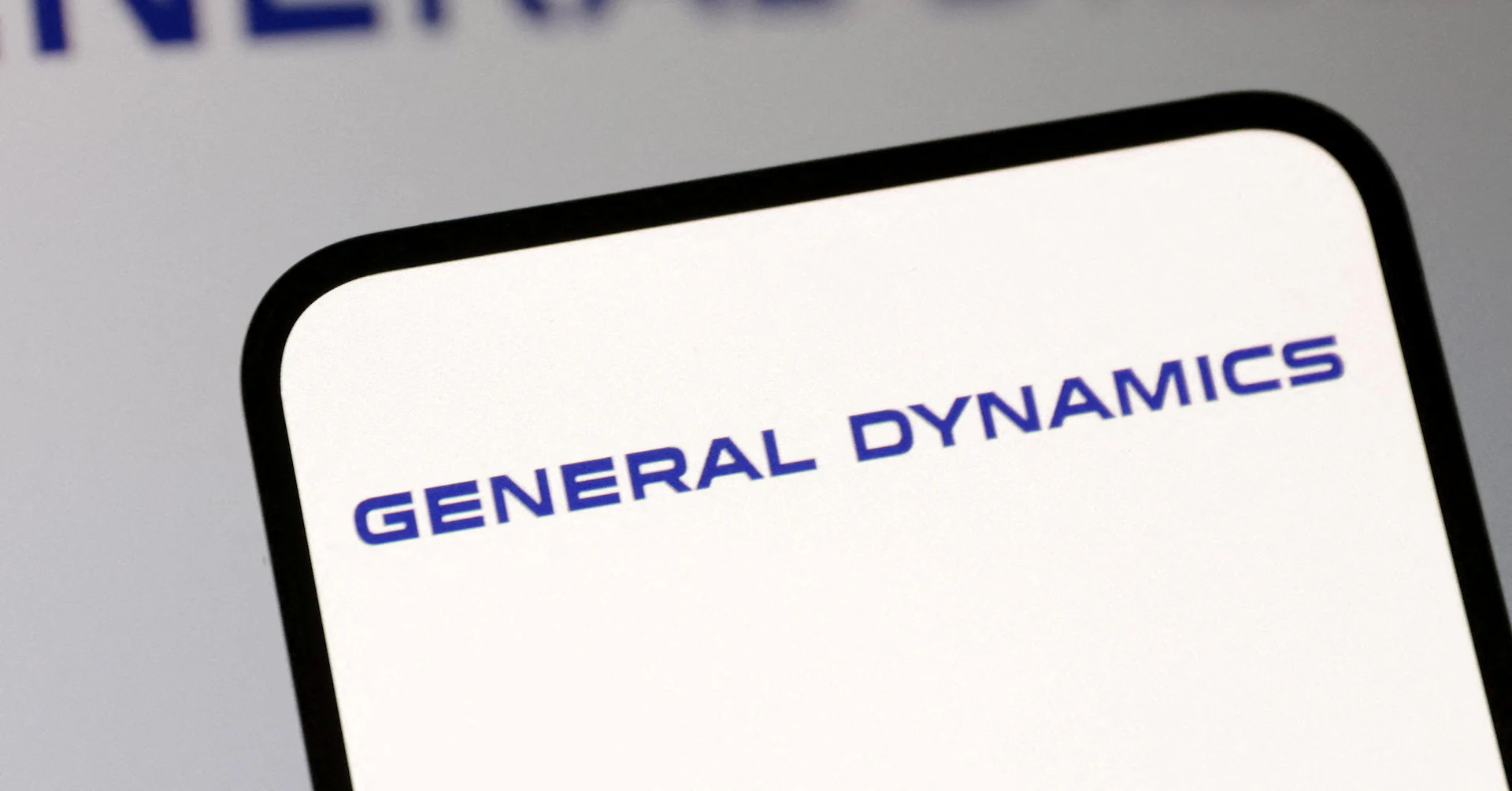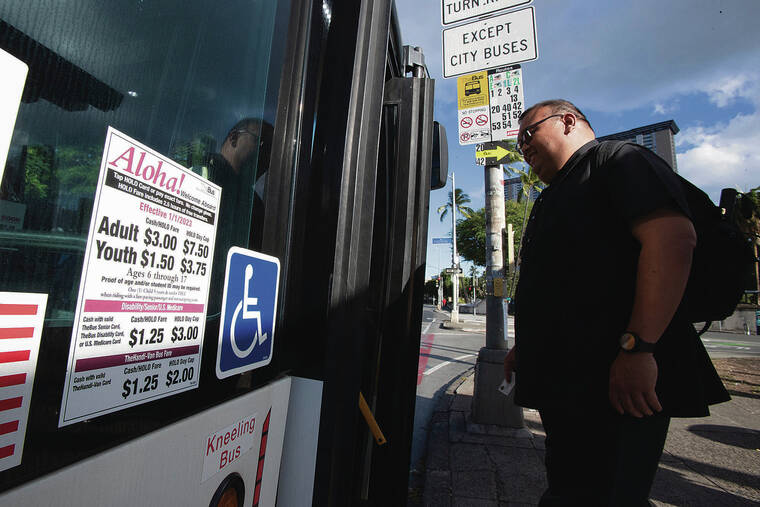Copyright radarr

The Securities and Exchange Commission (SEC) has expressed growing concern over the rising preference of Nigerians for cryptocurrency trading instead of investing in the country’s traditional capital market. The Director-General of the Commission, Dr. Emomotimi Agama, disclosed that between July 2023 and June 2024, more than $50 billion worth of cryptocurrency transactions were recorded in Nigeria. He said the trend shows that Nigerian investors are becoming more sophisticated and willing to take risks but are channeling their funds into unregulated digital assets instead of the formal investment market. Agama made this known while presenting a paper titled “Evaluating the Nigerian Capital Market Masterplan 2015–2025” at the annual conference of the Chartered Institute of Stockbrokers (CIS) in Lagos. He noted that despite Nigeria’s large and youthful population, participation in the capital market remains worryingly low. “Over $50 billion worth of cryptocurrency transactions flowed through Nigeria between July 2023 and June 2024, underscoring the sophistication and risk tolerance of investors that the traditional market has yet to capture,” Agama said. He explained that less than four per cent of Nigerian adults currently invest in the capital market, a figure he described as alarmingly low for an economy of over 200 million people. According to him, this poor participation rate poses a serious challenge to economic growth and the country’s efforts to deepen its financial system. Agama added that while fewer than three million Nigerians are active investors in the stock market, over 60 million people engage in daily gambling activities valued at an estimated $5.5 million. This, he said, reflects a worrying trend in how Nigerians are choosing to take financial risks outside productive investment channels. He also compared Nigeria’s market performance with other emerging economies, revealing that the country’s market capitalisation-to-GDP ratio currently stands at around 30 per cent. This is significantly lower than South Africa’s 320 per cent, Malaysia’s 123 per cent, and India’s 92 per cent, all of which have stronger and more inclusive investment cultures. The SEC boss stressed that Nigeria’s low investor participation in the capital market limits the country’s ability to mobilise long-term funds for infrastructure development and private sector growth. He urged stakeholders to take urgent steps to address the trust deficit and weak investor confidence that have discouraged many Nigerians from participating in the formal market. Agama emphasised that to compete with digital investment platforms and cryptocurrency markets, the Nigerian capital market must focus on deepening financial inclusion, simplifying access, and enhancing investor education. He added that technology-driven reforms, transparency, and better regulatory coordination could help attract retail investors, especially young people who are currently drawn to crypto trading. According to him, “Our goal should be to make the capital market more inclusive, trustworthy, and innovative so that Nigerians can see it as a place to grow their wealth safely and sustainably. The current imbalance between gambling, crypto trading, and capital market participation must be addressed if we want a strong and resilient economy.” Agama called for stronger collaboration between government agencies, capital market operators, and technology innovators to build a modern and accessible financial ecosystem. He said the SEC remains committed to implementing the Capital Market Masterplan 2015–2025, which seeks to increase market depth, promote financial literacy, and ensure investor protection. Industry analysts have long warned that Nigeria risks missing out on the economic benefits of a vibrant capital market if more citizens continue to prefer speculative assets and gambling to long-term investment. They believe that bridging the knowledge gap and improving transparency in the market will be crucial to reversing the trend. The SEC’s warning comes at a time when cryptocurrency trading remains largely unregulated in Nigeria, even though the volume of transactions continues to rise. Financial experts have urged the government to balance innovation with regulation to prevent abuse while ensuring that more Nigerians benefit from formal investment opportunities. As the 2025 deadline for the Capital Market Masterplan approaches, stakeholders say a coordinated approach will be necessary to restore confidence, attract retail investors, and position Nigeria’s capital market as a key driver of inclusive economic growth.



